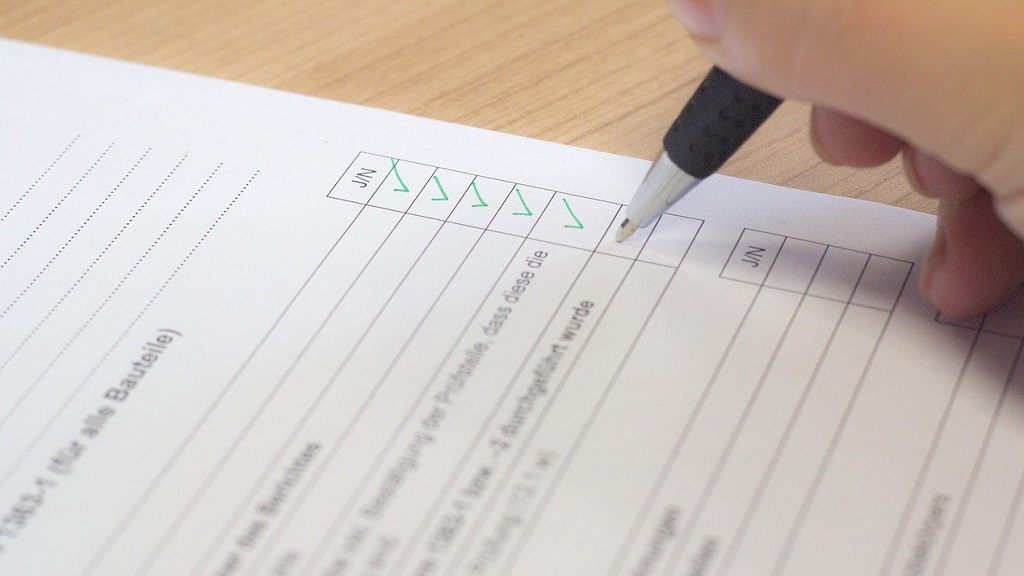
The Spanish business debt reached 87% of GDP, in the first quarter of 2021, driven by the pandemic, according to figures from the Bank of Spain. In these circumstances, normalization appears as a strategic ally for the distribution of European “Next Generation EU” funds, which translate into 140,000 million euros available to Spanish organizations in the coming years.
Technical standards, better known as standards, serve as a guide to Administrations by constituting the common language used by European and international institutions. In this way, the standards will help provide security to the Administrations on the ability of companies to manage and implement projects, in addition to being a basic pillar for the recovery of the economy.
This is one of the main conclusions of the meeting ‘Standards for economic recovery’, held by CEOE and UNE, in order to analyze the impact of standardization on the main issues addressed by the Recovery, Transformation and Resilience Plan.
During the event, both entities analyzed the problems that could hinder the economic recovery and valued standardization as a key tool to tackle problems that the country suffers, with a debt of 120% of GDP, a growth of 2% in the third quarter and an estimated deficit of more than 8% per year, as well as facing reconstruction with the maximum guarantees, setting the roadmap for the business activity. In fact, the standards have economic benefits and account for 1% of Spanish GDP, while for companies they represent up to 5% of their sales revenue. In addition, the standards reduce business costs by 7%.
Among other topics discussed include quality management, energy efficiency, digital transformation, innovation, cybersecurity, and good corporate governance practices. Both entities have stressed the need to rely on standards that serve as a guiding framework for companies and meet their needs in a context of uncertainty.
Spain, fifth country in quality standards
According to the report The ISO Survey of the International Organization for Standardization (ISO), Spain is the fifth country in the implementation of quality standards in companies and institutions, only behind China, Italy, Japan and Germany, and leads international committees in numerous areas, such as anti-bribery, energy, health and safety at work or road safety management.
Standardization has been an effective tool to strengthen confidence in companies that generate new projects and promote their credibility to access European funds. For its part, the Public Administration, in favor of greater transparency in contracting and collaboration with the business community, has relied on UNE standards for develop a common language with which to dialogue and agree with the private sector, taking the 2030 Agenda and the Sustainable Development Goals as a framework for action.
The president of UNE, Carlos Esteban, has stressed that “lhe standards constitute practical guidelines to improve business competitiveness and favor the safety of industrial processes, the manufacture of products and the best corporate practices ”. In this sense, he highlighted that “Spain is a leader in the adoption of world standards, which translates into a solid base to face the economic recovery with guarantees”.
For Javier Calderon, Director of Companies and Organizations of CEOE, the world leadership of Spain in this regard “It is not the result of chance, but it responds to the fact that things have been done well for many years to improve management.” In addition, Calderón has pointed out that adequate standardization is essential to give security to Spanish companies, “especially in a context like the current one, marked by uncertainty ”.



